Truly successful decision making relies on a balance between deliberate and instinctive thinking
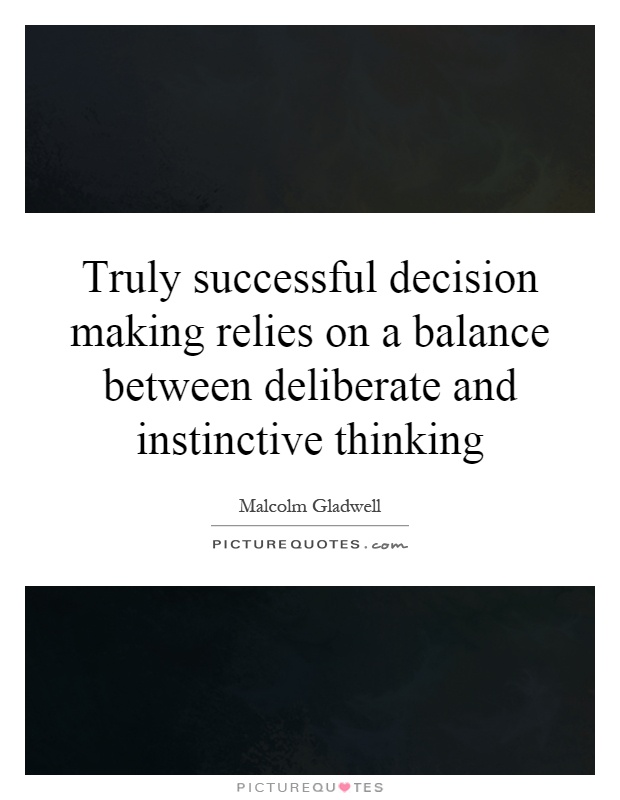
Truly successful decision making relies on a balance between deliberate and instinctive thinking
Malcolm Gladwell, a renowned author and journalist, has explored the concept of decision-making in several of his books, including "Blink: The Power of Thinking Without Thinking." In this book, Gladwell argues that truly successful decision-making relies on a balance between deliberate and instinctive thinking. He suggests that our unconscious mind is often better at making quick, intuitive decisions than our conscious mind.Gladwell's theory is based on the idea that our unconscious mind processes information at a much faster rate than our conscious mind. This allows us to make split-second decisions based on our instincts and gut feelings. In many cases, these quick decisions can be more accurate and effective than decisions made through deliberate, rational thought.
One example Gladwell uses to illustrate this concept is the story of the Getty Museum's acquisition of a statue known as the "Kouros." The museum spent months analyzing the statue and conducting scientific tests to determine its authenticity. However, when several art experts viewed the statue for just a few seconds, they immediately sensed that something was off. Their instincts told them that the statue was a fake, and further investigation proved them right.
Gladwell argues that in situations like this, where time is of the essence and there is a wealth of information to process, relying on instinctive thinking can lead to better decision-making. However, he also acknowledges that there are times when deliberate, rational thought is necessary. For complex problems that require careful analysis and consideration, it is important to take the time to weigh all the options and make a well-informed decision.
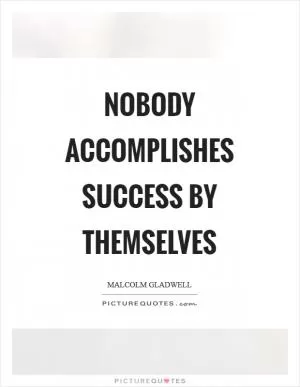
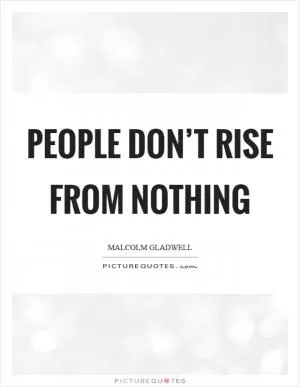

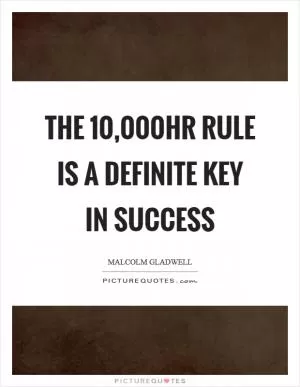
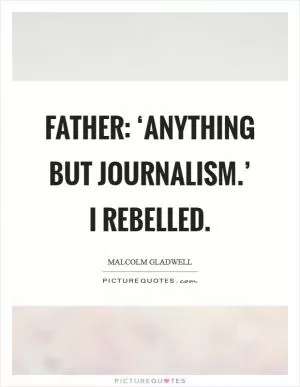
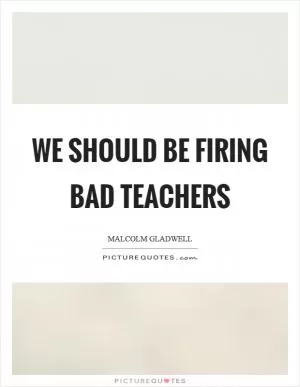
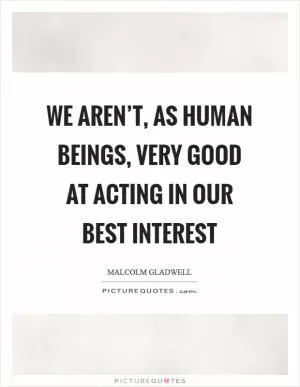

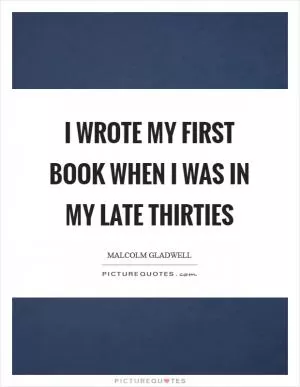
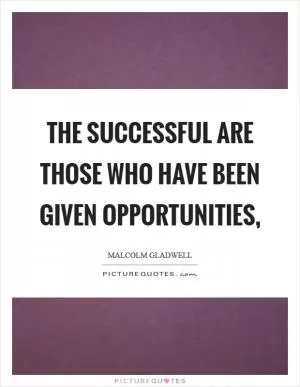
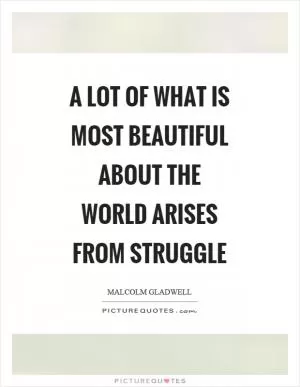

 Friendship Quotes
Friendship Quotes Love Quotes
Love Quotes Life Quotes
Life Quotes Funny Quotes
Funny Quotes Motivational Quotes
Motivational Quotes Inspirational Quotes
Inspirational Quotes